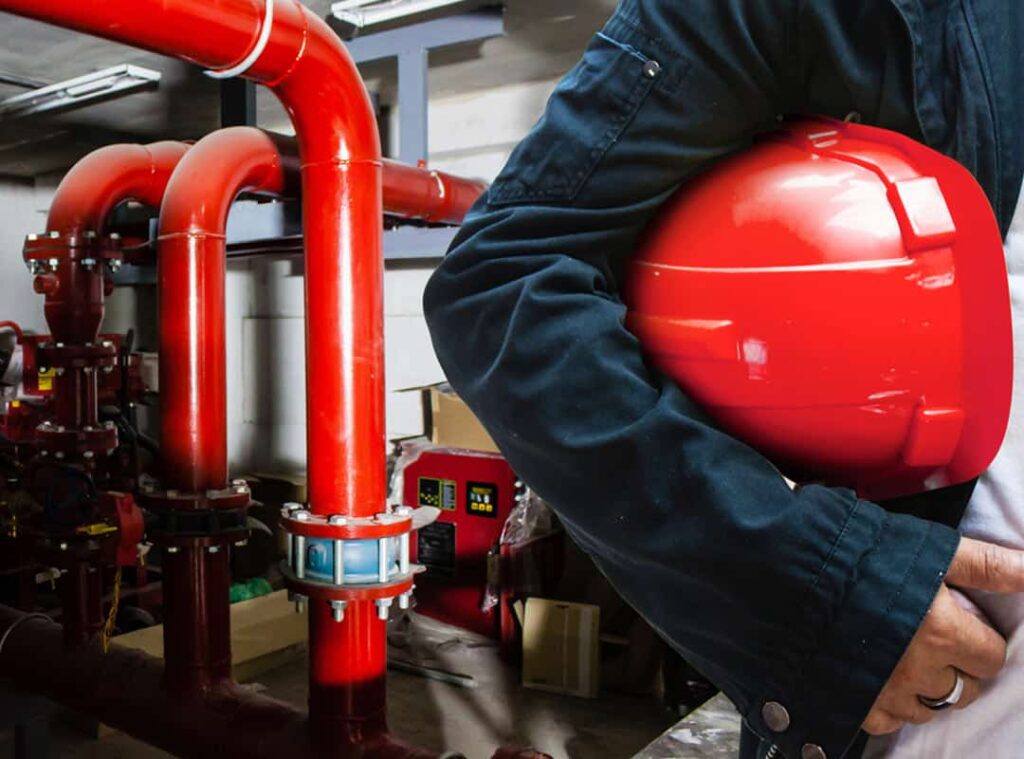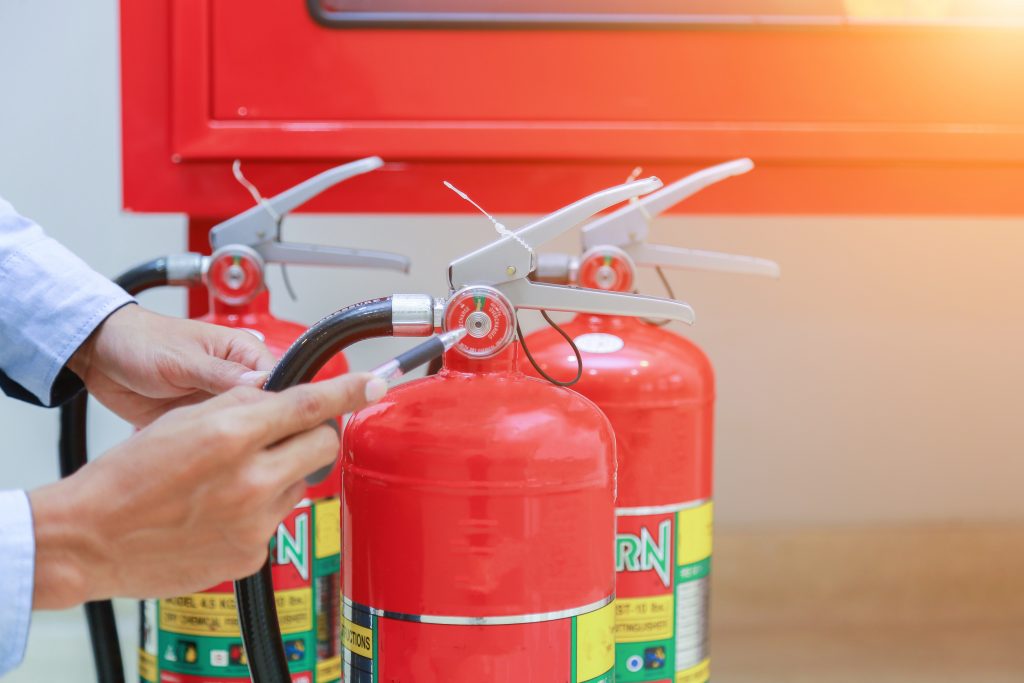When it comes to engineering projects, choosing the right consulting firm can make all the difference between a successful outcome and a costly failure. Whether you’re looking for engineering design services, project management, or technical expertise, it’s essential to choose a consulting firm that has the experience, skills, and knowledge to deliver high-quality results. In this comprehensive guide, we’ll discuss some of the key factors to consider when choosing an engineering consulting firm for your project.
Experience and Expertise
The first and most important factor to consider when choosing an engineering consulting firm is their experience and expertise. You want to choose a firm that has a proven track record of success in your industry and the type of project you’re undertaking. Look for consulting firms that have worked on similar projects in the past and have a deep understanding of the technical requirements and challenges involved.
When evaluating a consulting firm’s experience and expertise, consider the following:
- How long has the firm been in business?
- What types of projects have they worked on in the past?
- What is their success rate in delivering projects on time and within budget?
- What is their level of expertise in the specific area of engineering that your project requires?
Reputation and References
Another important factor to consider when choosing an engineering consulting firm is their reputation and references. A firm’s reputation can speak volumes about their level of professionalism, quality of work, and commitment to customer service. Look for firms that have a strong reputation in your industry and a high level of customer satisfaction.
When evaluating a consulting firm’s reputation and references, consider the following:
- What do their customers say about their services?
- Do they have any testimonials or case studies that showcase their work?
- Have they received any awards or recognition for their services?
- Can they provide references from previous clients?
Technical Expertise and Resources
Engineering consulting firms rely heavily on technical expertise and resources to deliver high-quality results. When evaluating a consulting firm’s technical expertise and resources, consider the following:
- What types of software and tools do they use?
- Do they have access to the latest technologies and equipment?
- Do they have a team of specialized engineers with deep expertise in your specific area of engineering?
Project Management and Communication
Successful engineering projects rely on effective project management and communication. When evaluating an engineering consulting firm’s project management and communication capabilities, consider the following:
- What is their project management process, and how do they ensure projects are delivered on time and within budget?
- What is their communication process, and how do they keep clients informed throughout the project lifecycle?
- Do they have a dedicated project manager who will be your point of contact throughout the project?
Cost and Value
Finally, it’s important to consider the cost and value of the engineering consulting firm’s services. While cost is a crucial factor to consider, it’s important to keep in mind that the cheapest option may not always be the best choice. Look for consulting firms that offer a fair price for their services while delivering high-quality results and exceptional customer service.
When evaluating the cost and value of an engineering consulting firm’s services, consider the following:
- What is their pricing model, and how do they structure their fees?
- Do they offer any additional value-added services or benefits?
- Will they provide a detailed proposal outlining the scope of work and costs upfront?
Conclusion
Choosing the right engineering consulting firm for your project is a critical decision that can have a significant impact on your project’s success. By considering the factors outlined in this comprehensive guide, you can make an informed decision and select a consulting firm that has the experience, expertise, and resources to deliver high-quality results and exceptional customer service.
When evaluating potential consulting firms, be sure to conduct thorough research, ask for references and case studies, and don’t be afraid to ask questions. It’s important to choose a consulting firm that not only has the technical expertise to deliver your project but also aligns with your company’s values and culture.
At WalkerBai Consulting, we pride ourselves on delivering high-quality engineering consulting services that exceed our clients’ expectations. With over 8 years of experience in the industry and a team of specialized engineers, we have the knowledge and expertise to tackle even the most complex engineering projects. We also value transparency and communication, and we make it a priority to keep our clients informed throughout the project lifecycle.
If you’re looking for an engineering consulting firm for your next project, contact us at WalkerBai Consulting. We’d be happy to discuss your project needs and provide you with a detailed proposal outlining our services and costs upfront. Let us help you achieve your engineering goals and deliver high-quality results that exceed your expectations.
When it comes to high-rise buildings, safety should always be a top priority. With the potential for dozens or even hundreds of people to be in a building at any given time, it’s essential to ensure that the building is designed and constructed with safety in mind. One of the most critical components of building safety is fire safety engineering, which helps to mitigate the risk of fires and protect both people and property. In this blog post, we’ll explore the importance of fire safety engineering in high-rise buildings and why it’s essential to prioritize this field of engineering.
First and foremost, high-rise buildings present unique challenges when it comes to fire safety. With multiple floors and potentially hundreds of occupants, a fire can quickly become a dangerous situation. Fire safety engineering helps to address these challenges by implementing safety measures such as fire suppression systems, smoke control systems, and evacuation plans.
One critical aspect of fire safety engineering in high-rise buildings is designing a fire suppression system that is both effective and efficient. High-rise buildings typically require sophisticated fire suppression systems that are capable of quickly extinguishing fires, even in difficult-to-reach areas of the building. These systems often include fire sprinklers, fire extinguishers, and fire suppression foam, all of which can help to prevent fires from spreading.
In addition to fire suppression systems, high-rise buildings also require smoke control systems that help to prevent the spread of smoke throughout the building. Smoke inhalation is one of the most significant risks in a fire, and it can quickly incapacitate people and make it difficult for them to evacuate the building. Smoke control systems help to prevent this by containing smoke to the area where the fire has occurred and directing it outside the building.
Another critical component of fire safety engineering in high-rise buildings is developing an evacuation plan that is both safe and efficient. Evacuating a high-rise building in the event of a fire can be a complex process, and it’s essential to have a plan in place that takes into account the building’s unique features, the number of occupants, and the potential risks involved. This plan should include clear evacuation routes, designated meeting points outside the building, and procedures for assisting people with disabilities or mobility issues.
One of the most significant benefits of fire safety engineering in high-rise buildings is that it can help to prevent fires from occurring in the first place. Fire safety engineering involves analyzing the building’s design and identifying potential fire hazards, such as electrical wiring or flammable materials. By addressing these hazards early on, fire safety engineers can help to reduce the risk of fires and prevent them from spreading if they do occur.
Finally, it’s worth noting that fire safety engineering is not a one-time process. Building safety must be a continual priority, and fire safety engineering should be an ongoing process that is regularly evaluated and updated. As technology advances and building codes change, fire safety engineers must stay up to date on the latest trends and best practices to ensure that high-rise buildings remain safe and secure.
In conclusion, fire safety engineering is an essential component of building safety, particularly in high-rise buildings. With the potential for many occupants and the unique challenges posed by multi-story structures, it’s critical to prioritize fire safety engineering in the design, construction, and ongoing maintenance of high-rise buildings. From effective fire suppression systems and smoke control measures to clear evacuation plans and ongoing hazard assessments, fire safety engineering plays a critical role in protecting both people and property. By prioritizing this field of engineering, we can help to ensure that high-rise buildings remain safe and secure for years to come.
If you’re interested in learning more about fire safety engineering and how it can benefit your high-rise building, contact WalkerBai Consulting today. Our team of experienced engineers can work with you to assess the fire safety of your building and develop a comprehensive plan to ensure that your building is as safe as possible in the event of a fire.
At WalkerBai Consulting, we specialize in fire safety engineering for high-rise buildings, and we understand the unique challenges that these structures present. We can work with you to design and implement a range of fire safety measures, from fire suppression systems and smoke control systems to evacuation plans and ongoing hazard assessments.
One of the key benefits of working with WalkerBai Consulting is our commitment to staying up to date on the latest trends and best practices in fire safety engineering. We understand that building safety is an ongoing process, and we’re dedicated to continually evaluating and updating our approach to ensure that our clients receive the best possible service.
In addition to our expertise in fire safety engineering, we also offer a range of other services related to building safety, including building services, façade engineering and energy efficiency. By working with us, you can benefit from a comprehensive approach to building safety that takes into account a range of different factors and considerations.
Overall, fire safety engineering is an essential component of building safety, particularly in high-rise buildings. By prioritizing this field of engineering and working with experienced professionals like those at WalkerBai Consulting, you can help to ensure that your building is as safe as possible in the event of a fire. Contact us today to learn more about our services and how we can help you ensure the safety and security of your high-rise building.





